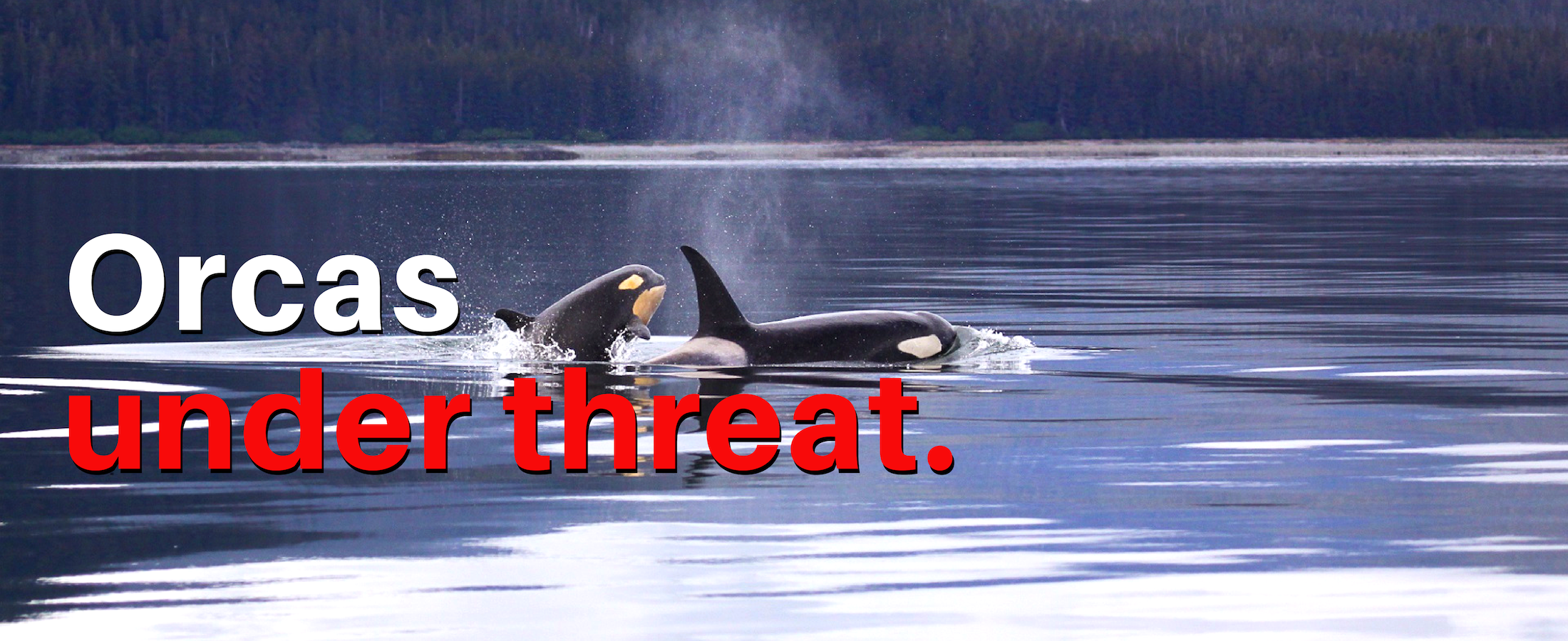
Northern and Southern Resident Killer Whales are iconic species on British Columbia’s coast. These orcas rely on healthy waters in the Salish Sea and around Vancouver Island. But they are facing numerous threats and their ocean home is being degraded.
Studies have shown that southern residents frequent parts of the Strait of Georgia, like the Gulf Islands, which are not mapped in the critical habitat. That means important foraging areas could be left unprotected. We are asking Fisheries and Oceans Canada (DFO) to expand critical habitat areas to include these important zones.
DFO can also address the threat of prey scarcity by creating refuges in southern residents’ key foraging areas. These refuges would restrict commercial and recreational fishing of Chinook salmon, the whales’ preferred prey, and help the orcas hunt a dwindling food source.
Most importantly, the federal government must legislate bold and effective protections for critical habitat. Critical habitat for northern resident killer whales includes the coastal waters off northern Vancouver Island, where fish farms still dot the waters. Fish farms do not belong in the orcas’ home: government must work to remove existing fish farms as well as put a moratorium on any new aquaculture in critical orca habitat.
The southern resident population has critical habitat at the entrance to major ports in Vancouver and Seattle. They are plagued by thunderously loud shipping lanes, which inhibit natural activities and raise the risk of fatal ship strikes. In the Salish Sea, protections must include a mandatory speed limit for commercial shipping and tanker traffic to reduce harmful noise pollution.
Sign up now receive the latest conservation news, orca updates, and more right to your inbox.
